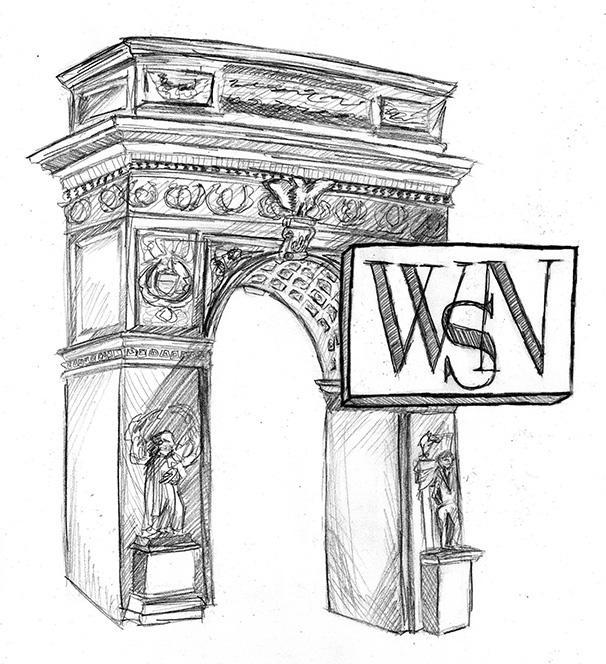Last week, the COVID-19 Coalition and NYU’s Graduate Student Organizing Committee hosted a Virtual Week of Action, which sought to raise awareness of the demands brought up by the coalition. One of these actions was an open letter from GSOC to Provost Katherine Fleming that voiced concerns about the challenges faced by graduate students after the closure of campus while also arguing for the universal extension of both time-to-degree deadlines and funding packages. Each of these policies are necessary, considering the fact that conducting research is practically impossible. Graduate School of Arts and Science Dean Phillip Brian Harper says that GSAS will lay out a plan for these issues soon. This plan must include the extensions demanded by GSOC, as they are necessary accommodations to ensure that graduate students are financially and academically stable during this unprecedented crisis.
At the time of publication, the Graduate School of Arts and Science hasn’t provided any updates on whether GSOC’s demands will be met. Time-to-degree deadline extensions are only considered on a case-to-case basis and funding is only provided until the end of award terms — the time span when the funding can be used — with no guarantee of a one-year extension.
Simply put, the current policies of GSAS don’t do enough for graduate students.
The normal routine and abilities of students at GSAS have been severely hindered by a number of factors. One of the most significant is the fact that the coronavirus has upended research plans, as some have said they have had to cancel important research trips and have lost access to necessary resources in libraries and archives.
Graduate students who have spoken out say the pandemic has forced them to focus on more immediate issues at hand as well. One student said that his research had to be put on hold, since he had to remotely organize quarantine rations for his family in India. Another said that he must take care of his elderly parents in addition to continuing his work. How can the university expect these students to continue to devote the ordinary amount of time to their research while they are facing extraordinary and unprecedented conditions?
It is clear that with these roadblocks, research will continue to stall for the near future, as it has since the outbreak of the pandemic. Adapting to these new problems by implementing time-to-degree and funding extensions is necessary to make sure graduate students have the finances they need to endure the crisis without worrying about whether their deadlines will be met.
Accommodations for graduate students have been requested by those outside the graduate organizing community as well. On April 21 and 22, respectively, the Department of Social and Cultural Analysis and the Department of English sent letters to the GSAS Dean and the Provost, signed by the Chairs of both departments, on behalf of the faculty. They called for the emergency infusion of summer funding as well as tuition and fee waivers and the extension of funding packages for graduate students.
Considering that forms of these policies have been implemented elsewhere, these ideas shouldn’t be seen as far-fetched or impossible for a university to meet. At Yale University, their GSAS allowed graduate programs to determine whether to extend funding to graduate students for up to one year. This was in response to the demand from the Concerned and Organized Graduate Students at Yale for a one-year funding extension. This falls short of what is needed at NYU as it isn’t a universal policy. Still, Yale is a good example of how the administration can take steps to accommodate graduate students.
Despite this, it is important to note that NYU has already provided some accommodations. The university has said that it will continue to provide paid sick leave to student employees without time deductions in the spring semester. Employees can also have time off for caring for sick family members under the normal leave guidelines. These are important policies that help graduate workers and other employees during this time of crisis. But neither these accommodations — nor the half-solutions mentioned before — directly address the needs of graduate students.
Dean Harper says that GSAS will have a plan. It is imperative that this includes the extension of both time-to-degree deadlines and funding packages. Failing to do so shows the university expects normal productivity from graduate students in a situation that is anything but normal.
A version of this article appeared in the Monday, Apr. 27, 2020 e-print edition. Email the Editorial Board at [email protected].























































































































































